On the occasion of Vietnam hosting the signing ceremony of the United Nations Convention against Cybercrime ( Hanoi Convention), the Head of the International Organization for Migration (IOM) delegation, Kendra Rinas, shared her thoughts on this important event with a reporter from the Vietnam News Agency.
- What is the significance of the Hanoi Convention on Cybercrime in the global effort to prevent online fraud, human trafficking, and labor exploitation, especially targeting vulnerable migrant groups?
Ms. Kendra Rinas: The Hanoi Convention is a powerful, legally binding tool that strengthens our collective defense against cybercrime. It provides countries with an important new tool to prevent and combat cybercrime, and to protect individuals in cyberspace.
Cybercrime is increasingly being used to facilitate human trafficking, online fraud, and the exploitation of migrants. The Convention is expected to provide a robust legal framework, empowering countries to cooperate more effectively in preventing and prosecuting these crimes, while ensuring that the rights of individuals, especially migrants, are protected.
- How does IOM assess the link between illegal migration and cybercrime, and what are the biggest challenges currently facing migrants in protecting them from online fraud and forced labor?
Kendra Rinas: Human trafficking today is increasingly carried out through closed, organized networks, making detection and dismantling more difficult. Technology has become a powerful tool for traffickers, who are now recruiting victims online, using sophisticated deceptive tactics to exploit people's desire for better jobs and higher incomes.
This is particularly relevant to human trafficking for coercion in online scams across Southeast Asia – a problem that continues daily, despite many assumptions that it has subsided.
According to the IOM's Regional Situation Report on human trafficking into coerced criminal activity in online scam centers, the number of human trafficking victims coerced into criminal activities and assisted by IOM in Southeast Asia has more than tripled, from 296 in 2022 to 1,093 by 2025.
IOM research also revealed that 50% of these victims were high school graduates and the other half were university graduates. They were lured through fake job offers, with many being young, educated individuals tricked into carrying out online scams for criminal networks.
Traffickers are also shifting their focus to vulnerable populations as awareness of the issue increases. We are witnessing alarming trends, such as the rise of organ trafficking, due to the gap between high demand and limited supply, as well as the trafficking of fetuses.
These criminals exploit loopholes in the legal framework and the desperation of individuals seeking a better life.
Finally, human traffickers are adapting rapidly, operating across borders and bypassing traditional face-to-face interactions. Raising public awareness remains key in combating these evolving tactics.

- Could you share some of IOM's outstanding initiatives or programs in Vietnam aimed at raising awareness among young people, helping them identify and prevent risks of illegal migration and human trafficking in the context of rapidly developing digital technology ?
Ms. Kendra Rinas: At IOM Vietnam, we have adopted the 4P approach to address human trafficking. First, there are prevention efforts, ranging from raising awareness about the risks of human trafficking and illegal migration, to supporting skills development and job opportunities that match the local market, so that people do not feel that migration is their only option.
Next, IOM's protection support is provided to vulnerable individuals at risk of trafficking, while reintegration support is offered to survivors who have returned to Vietnam, to help them rebuild their lives in their home communities.
Since 2018, through the "Combating Trafficking in Persons and Modern Slavery" (TMSV) project, funded by the UK Government , IOM has provided reintegration support to 904 survivors, including victims of human trafficking and vulnerable migrants, who have returned to Vietnam, to help them rebuild their lives in Vietnam.
Furthermore, in 2023, IOM provided timely assistance to 121 Vietnamese citizens returning from online scams in Cambodia and Myanmar, coordinating with relevant local authorities and non-governmental partners, contributing to the Vietnamese Government's efforts to address the rapidly expanding trafficking in persons (TIP) crisis domestically and regionally.
As Chair of Vietnam's National Network Against Trafficking in Persons, IOM convenes multilateral dialogues and promotes a coordinated approach, working closely with civil society organizations, embassies, UN and international agencies, and most importantly, the Government of Vietnam, to advocate for improved policies on combating human trafficking and migration governance.
IOM advocates for legal reforms and focuses on protecting and supporting migrants, including survivors of human trafficking, to promote criminal accountability for traffickers and traffickers; by strengthening safeguards for vulnerable migrants, training partners to take legal action against traffickers and traffickers to promote accountability for criminal offenses.
In particular, through the "Think Before You Go" campaign in Vietnam and the "ThinkB4UClick" initiative (Identifying Signs - Safe in the Digital Environment), IOM continues to raise public awareness of the complex risks of irregular migration and human trafficking, digital skills, and online safety.
- We would like to express our sincere gratitude to Kendra Rinas, Head of the International Organization for Migration (IOM) delegation!
Source: https://www.vietnamplus.vn/cong-uoc-ha-noi-khuon-kho-phap-ly-chong-lua-dao-mua-ban-nguoi-qua-mang-post1072985.vnp







![[Photo] Prime Minister Pham Minh Chinh attends the Conference summarizing and implementing tasks of the judicial sector.](/_next/image?url=https%3A%2F%2Fvphoto.vietnam.vn%2Fthumb%2F1200x675%2Fvietnam%2Fresource%2FIMAGE%2F2025%2F12%2F13%2F1765616082148_dsc-5565-jpg.webp&w=3840&q=75)
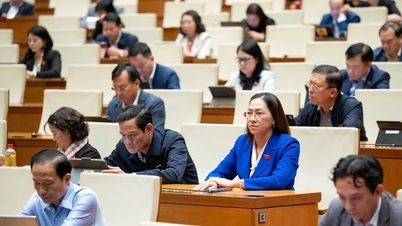

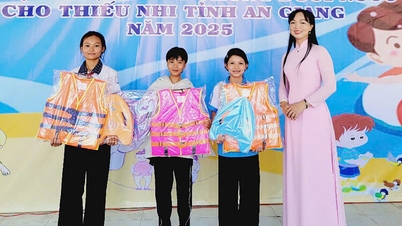

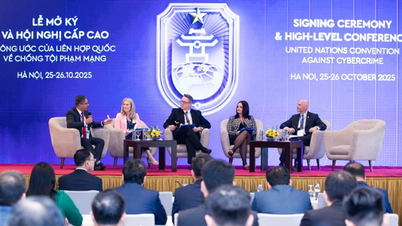
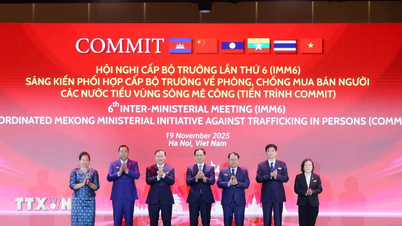
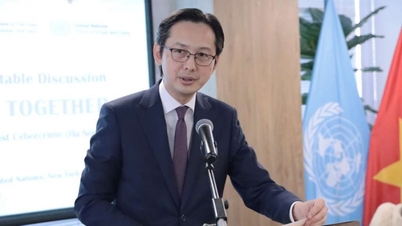

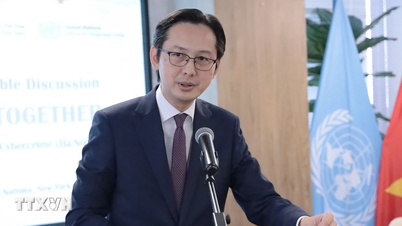
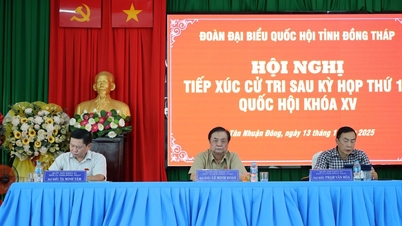

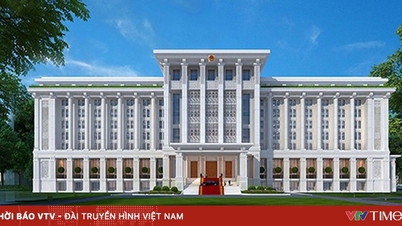

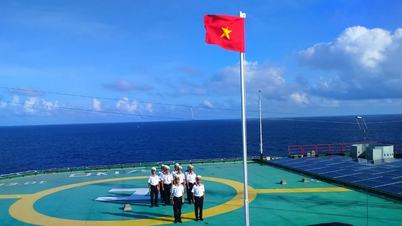



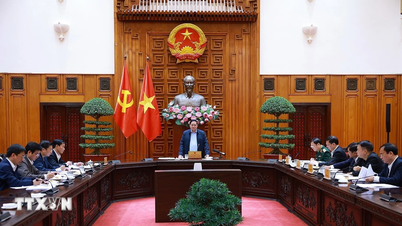
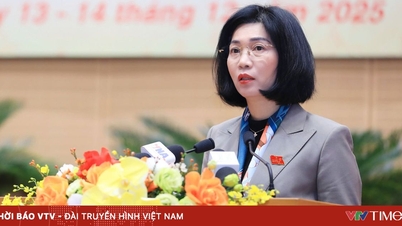





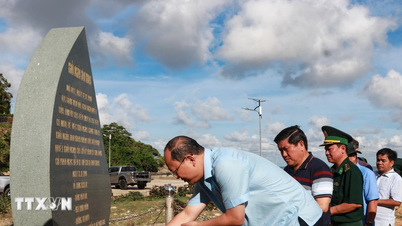
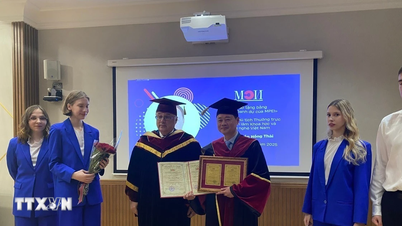


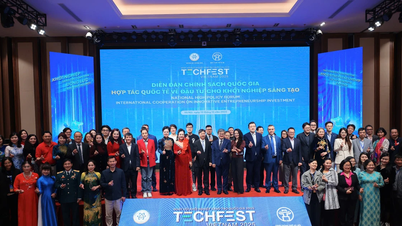




































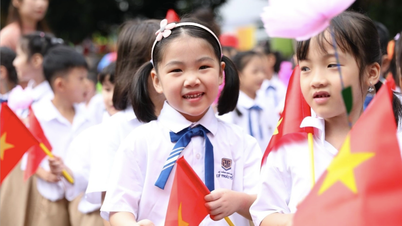




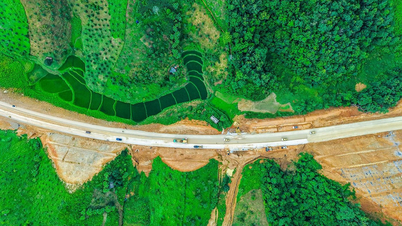
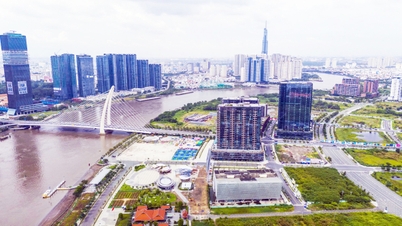

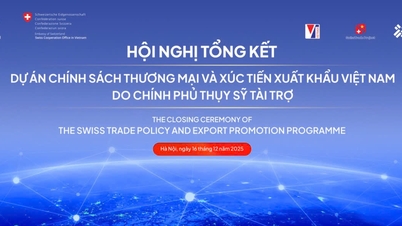

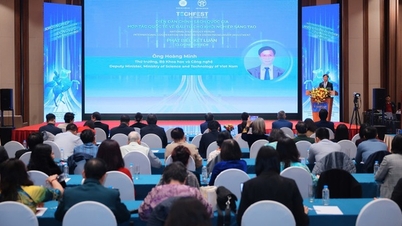

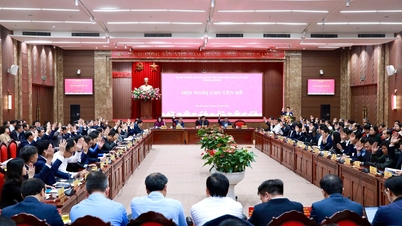

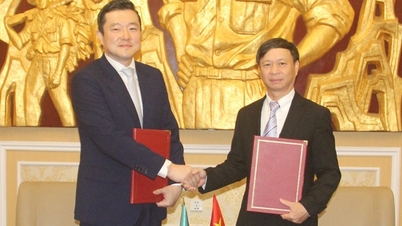

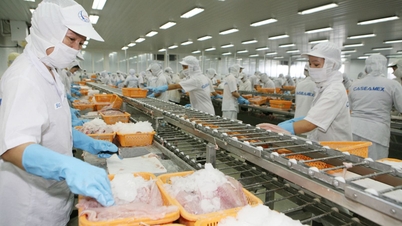
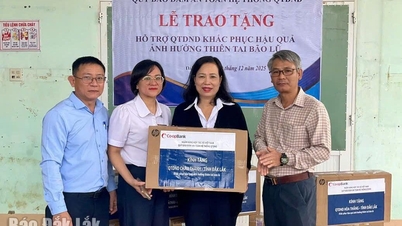

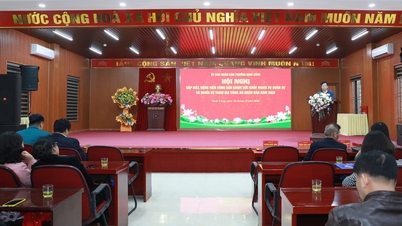
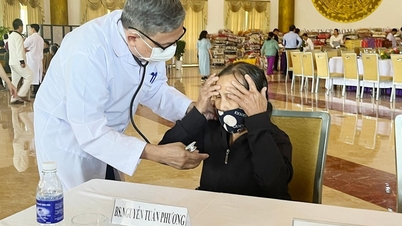
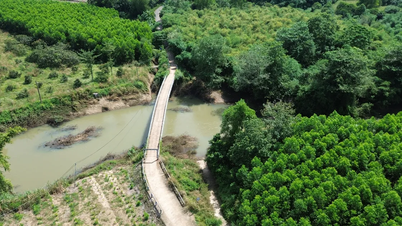

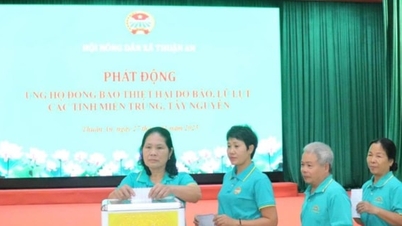
















Comment (0)